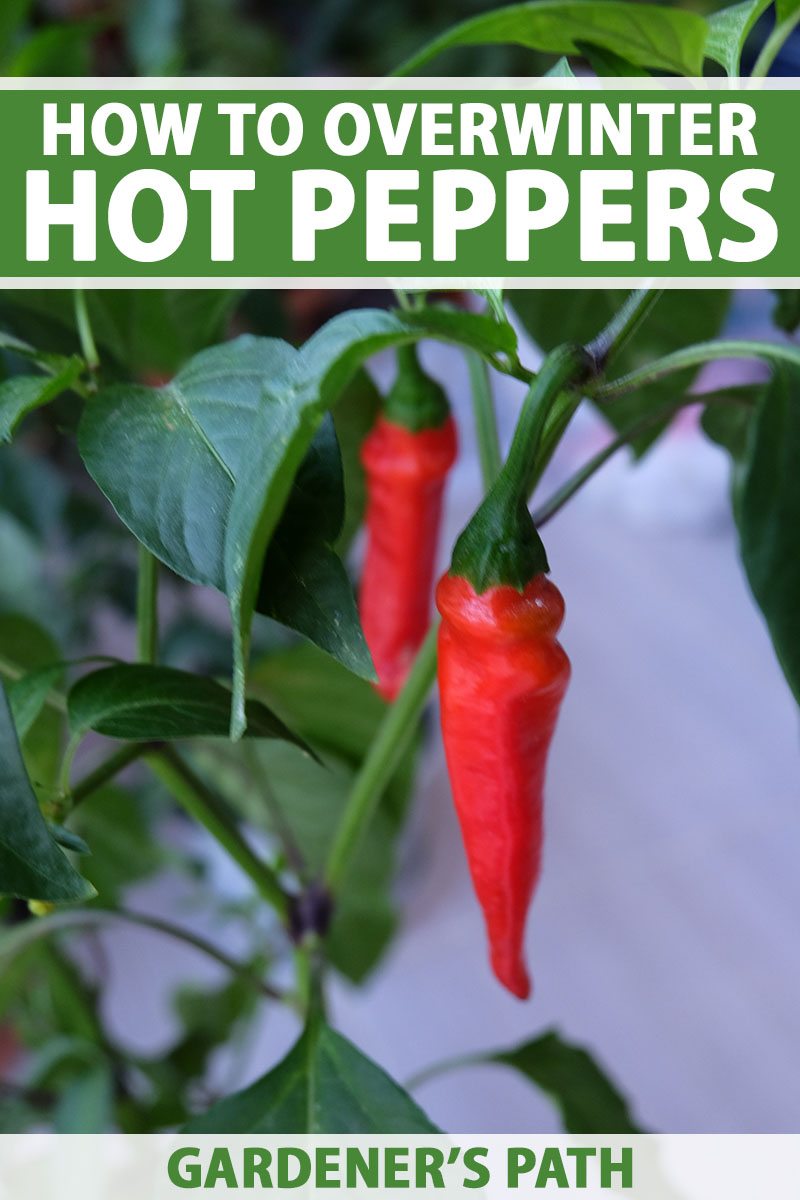Best Fertilizers for Peppers: Take Full Advantage Of Plant Health and Return
Best Fertilizers for Peppers: Take Full Advantage Of Plant Health and Return
Blog Article
Organic Vs. Synthetic Fertilizers: Which Is Best for Nurturing Healthy Pepper Plants?
In the world of nurturing healthy pepper plants, the option between artificial and organic fertilizers stands as a crucial choice with far-reaching implications. While both choices aim to provide essential nutrients to sustain plant growth, the nuances of their influence on the dirt, plant health, and the atmosphere spark a discussion that echoes throughout the horticulture neighborhood. Comprehending the distinctive benefits and potential challenges of each fertilizer type is essential for pepper cultivators seeking to optimize their yields while keeping an eco-conscious and lasting method.
Benefits of Organic Plant Foods
Organic fertilizers supply a lasting and environmentally-friendly technique to nourishing pepper plants, offering necessary nutrients without making use of artificial chemicals. These all-natural plant foods are stemmed from natural sources such as compost, manure, bone dish, and algae, promoting soil health and biodiversity. Unlike artificial plant foods, organic choices release nutrients slowly, ensuring a well balanced and steady supply for pepper plants to grow.
One considerable advantage of organic fertilizers is their capacity to boost dirt framework and water retention. By improving soil health, natural fertilizers promote useful microbial activity, which helps in nutrient uptake by pepper plants. In addition, natural fertilizers decrease the risk of chemical run-off, protecting water resources from pollution and securing the atmosphere.
Furthermore, organic fertilizers contribute to long-term dirt fertility by advertising the growth of advantageous soil organisms. These organisms aid damage down raw material, launching nutrients in a form that is easily obtainable to pepper plants. best fertilizers for peppers. By fostering a healthy and balanced dirt ecological community, organic plant foods sustain lasting pepper growing methods that profit both plants and the setting
Downsides of Synthetic Fertilizers
Artificial fertilizers, in comparison to their natural counterparts, position different disadvantages when used to nourish pepper plants, influencing both plant wellness and environmental sustainability. One major downside of artificial fertilizers is their tendency to leach nutrients from the soil promptly.
Furthermore, the overuse of artificial plant foods can add to water air pollution. Excess fertilizers not soaked up by plants can clean away right into water bodies, causing eutrophication, where algae blooms diminish oxygen degrees in the water, hurting aquatic life. Synthetic fertilizers are normally obtained from non-renewable resources, such as fossil gas, contributing to carbon discharges and ecological deterioration during their production.
Nutrient Absorption Contrast
When contrasting artificial and natural plant foods in terms of nutrient absorption, organic plant foods have the benefit of offering a more balanced and slow-release resource of nutrients. Organic plant foods contain a variety of macro and trace elements that are not just helpful for the plants yet additionally advertise healthy soil microbial activity, which aids in nutrient uptake.
Additionally, natural plant foods enhance dirt framework and water retention ability, enabling pepper plants to gain access to nutrients much more effectively. This better dirt top quality promotes origin growth, enabling better nutrient absorption. Synthetic plant foods, although at first boosting plant growth due to their high nutrient focus, may prevent lasting nutrient absorption by degrading dirt you can try these out health and wellness with time.
Ecological Effect Considerations

On the other hand, synthetic fertilizers, although usually even more concentrated and promptly offered to plants, can have harmful results go right here on the atmosphere otherwise used correctly (best fertilizers for peppers). Their manufacturing requires high energy inputs, bring about greenhouse gas emissions and contributing to environment modification. Moreover, the drainage of excess artificial fertilizers can infect water resources, leading to eutrophication and hurting marine environments.
Finest Fertilizer Practices for Peppers
When fertilizing pepper plants, optimizing nutrient uptake and reducing ecological impact are essential considerations. To achieve this, it is necessary to adhere to finest fertilizer methods tailored to the certain demands of pepper plants. One vital technique is to carry out a soil test before applying any plant foods. This test can determine the pH degree of the dirt and recognize any kind of nutrient shortages, guiding you in picking the most appropriate plant food formula.
Another important method is to feed pepper plants at the correct time. Typically, peppers gain from receiving plant food at growing and after that once again when they begin to blossom. Over-fertilizing can result in nutrition inequalities and damage the plants, so it is important to follow recommended application prices.
In addition, picking a balanced plant food with an NPK proportion that suits pepper plants' demands is fundamental. Organic fertilizers, such as garden compost or manure, can be outstanding selections as they launch nutrients gradually and enhance dirt framework gradually. Synthetic fertilizers can offer a fast nutrient increase when required. Ultimately, combining artificial and natural plant foods sensibly can help support healthy and balanced pepper plants while lessening ecological influence.
Final Thought

Organic plant foods use an environmentally-friendly and sustainable method to nourishing pepper plants, supplying vital nutrients without the use of synthetic chemicals. Unlike synthetic fertilizers, organic choices launch nutrients gradually, guaranteeing a balanced and constant supply for pepper plants to flourish.
Synthetic plant foods, in contrast to their organic equivalents, present different disadvantages when utilized to nurture pepper plants, affecting both plant health and ecological sustainability. When comparing artificial and natural plant foods in terms of nutrient absorption, organic fertilizers have the advantage of giving a much more balanced and slow-release source of nutrients.Additionally, organic fertilizers improve dirt framework and water retention ability, allowing pepper plants to gain access to nutrients more effectively.
Report this page